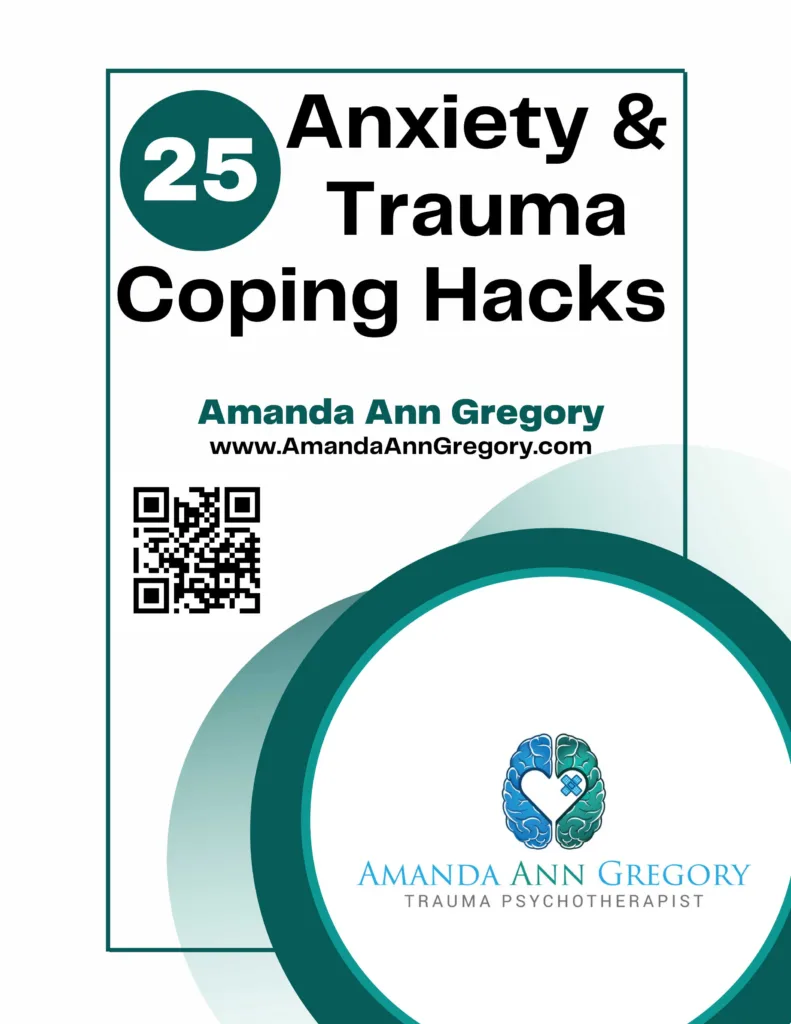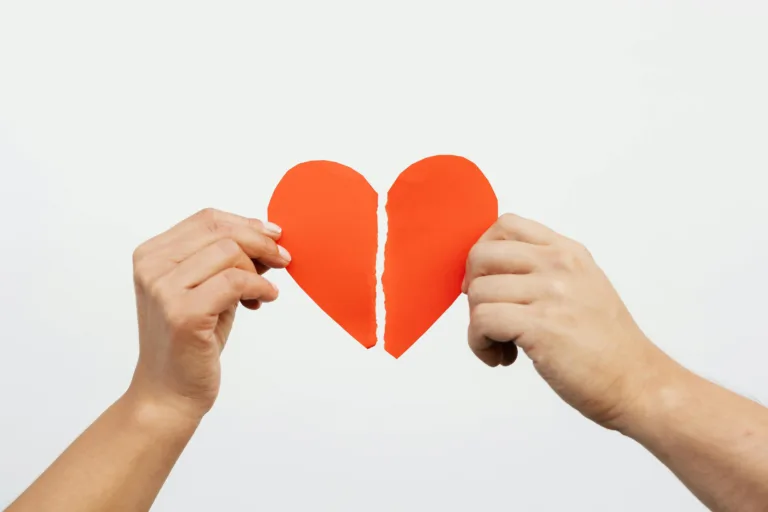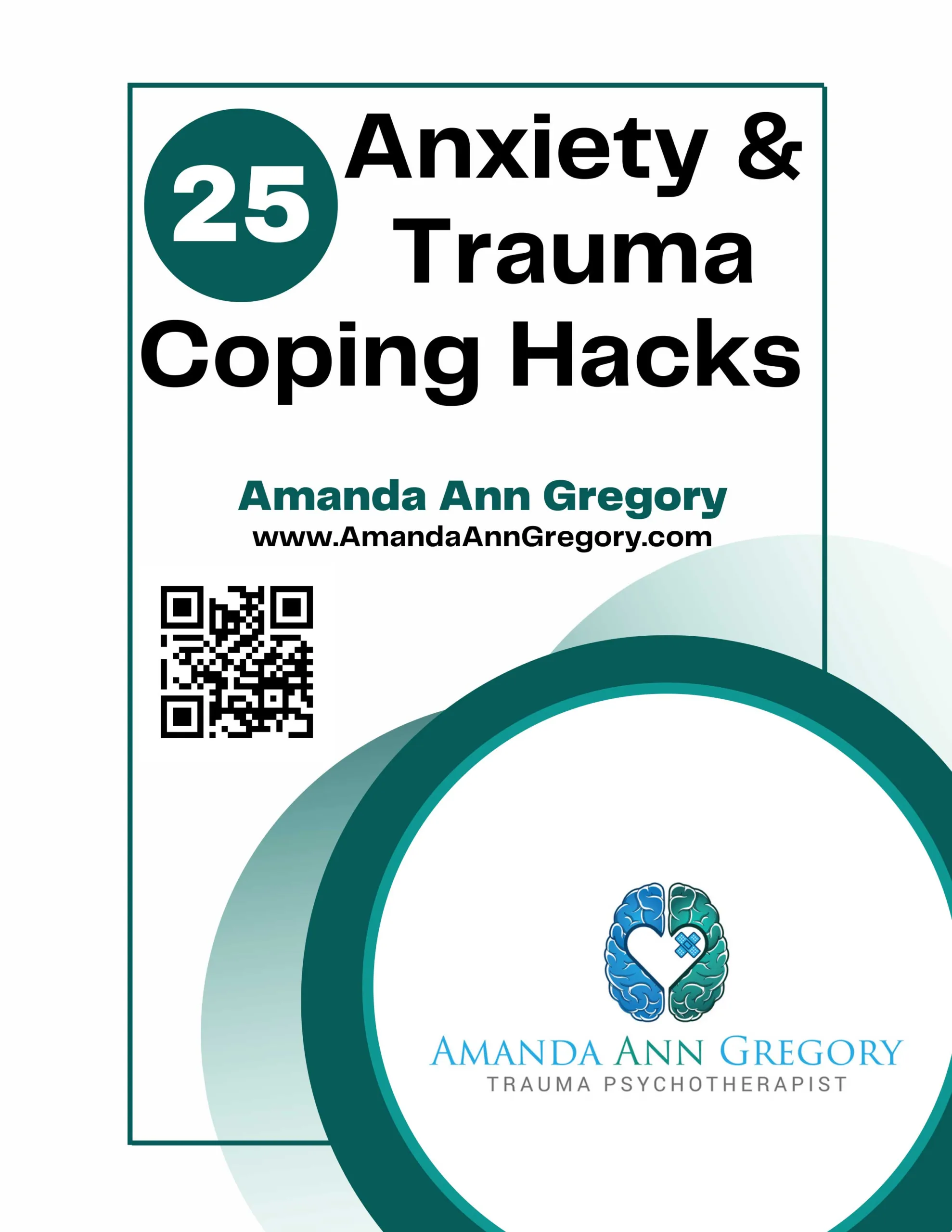There are important differences between acts of kindness and acts of “people-pleasing.” While researching my book, You Don’t Need to Forgive, I discovered that many people find it difficult to distinguish between them because they often appear and feel similar to one another.
Consider these two points to help you to determine whether you are engaging in acts of authentic kindness or acts of people-pleasing.
People-pleasing prioritizes the needs of others at the expense of your own, while kindness requires giving equal consideration to the needs of others and to your own.
Tip: Focus on meeting your needs before you focus on meeting the needs of others in order to rectify your habits of people-pleasing.
On airplanes, safety instructions direct you to put your oxygen mask on before you assist others. The reason is that there is a good chance that you and the person you are assisting will both lose consciousness if you help them first. If you place your mask on first, you will be able to revive the other person who is without oxygen for a short period of time.
Kindness is when you place your mask on first in order to then help others. Acts of kindness are intrinsically other-regarding; in particular, they involve taking up and promoting another’s good for its own sake; yet true kindness requires balancing your needs with the needs of others – not sacrificing your needs to meet the needs of others. It’s difficult to express authentic kindness when you are not meeting your own needs, as this avoidance can cause anger, resentment, and low self-worth. In fact, it’s common to feel better able to express kindness when your own needs are met; indeed, if your own needs are unmet, you are unlikely to be able to genuinely meet the needs of others
By contrast, people-pleasing is self-effacing; when you prioritize the needs of others above your own, you impede your ability to help others. Please-pleasing is analogous to losing consciousness on an airplane and being unable to help others because you did not meet your needs first; it may be well-intentioned, but it is counter-productive and potentially harmful both to yourself and to those you want to help. In short, you must be kind to yourself in order to exercise genuine kindness toward others.
Kindness reflects self-worth, while people-pleasing reflects low-self worth
Tip: Focus on establishing or strengthening your sense of self-worth in order to correct people-pleasing behaviors.
Kindness is often a reflection of the value that we see in ourselves. When you express authentic kindness, you tend to believe that you are a kind person and that you have inherent worth as a person. However, people-pleasing often stems from the belief that your value is entirely based on your ability to be of assistance to others.
As former people-pleaser Patrícia Williams writes, “This is the root of people-pleasing behavior: believing that your needs and emotions don’t matter. Believing that your authentic self could never be truly loved and accepted.” Your self-worth should never be based solely upon your contributions to others. People-pleasers are proverbial “door-mats”: rather than healthily attend to the needs of others, they allow others to tread over their own needs because they do not believe that their own needs deserve consideration too.
Consider your own actions and intentions. Are you expressing kindness or people-pleasing?
Purchase my book, You Don’t Need to Forgive

Sign up to get your Free eBook: 25 Anxiety & Trauma Coping Hacks

Hire me to speak at your event! Contact Me






